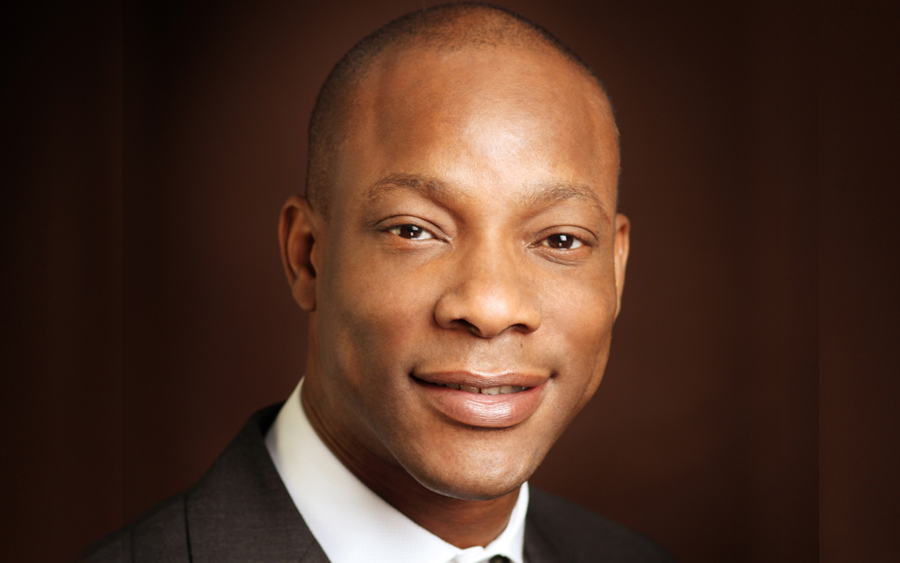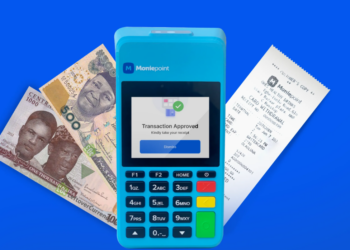The Group Chief Executive Officer of Guaranty Trust Bank Plc (GTBank), Segun Agbaje, said he does not see the potential of Nigeria’s GDP growth figure going beyond 2% in the next twelve months of 2020.
According to him, events such as the US-China trade tensions and the lingering Brexit deal could all result in stunted growth for the global economy.
“Growth is coming down. England’s still struggling with Brexit. Europe has its problems. You still have China–U.S. trade tensions. So, I’m just not sure that things are very upbeat; you are looking at stunted growth from a global perspective.”
It is important to note that Agbaje gave this interview days before the United States reached a tentative trade deal with China. As such, there is a possibility that the tension between the two countries will reduce, although some analysts are of the opinion that the so-called “phase one” deal could eventually fall apart.
[READ MORE: GTBank crashes ‘Quick credit’ to 1.33% monthly]
Addressing the “threat” of technology
When asked to comment on the threats facing businesses today, Agbaje said the biggest threat is “the changing competitive landscape” which technology has enabled. Of course, he admitted that policy uncertainty, over-regulation by the government (increased tax burden), and exchange rate volatility are all threats. However, none of these bothers him as much as the growing competitive landscape.
He explained why: According to him, the competition is happening too fast and it is “scary”. He also spoke about how digital technologies are disrupting businesses, even as companies like GTBank now have no choice but to compete with FinTechs and share profits with them. FinTechs and share profits with them.
“The one that bothers me the most today is the changing competitive landscape. You will always worry about regulation. You will always worry about tax. You will worry about losing staff to countries such as Canada and Australia. However, I think that you will be able to deal with these threats better than you will with the changing competitive landscape.
“The process of change, the acceleration of change and the threats — it is actually quite scary how quickly it’s happening. Three years ago, we were talking about this like it was way, way in the future. It’s here today. And we’re living it very quickly. So, while I hear all of the other threats, I actually think they’re easier to navigate than the threat of the changing competitive landscape.
“Everyone is doing digital technologies. They’re disrupting your business. It’s not like banks won’t be around, but will you be as relevant? Will you be as profitable? Because you’re sharing a lot of your profit with these new entrants and you’re sharing a lot of your customer base.
“I think these are bigger threats. If we have to pay a bit more tax, it’s no problem, as long as we make the money. Other threats, we can find ways around them, but this one is more difficult to handle.”
Agbaje disclosed all these and more during an exclusive interview with PwC Nigeria Partners. To read more of his thoughts on the economy and the changes happening in the banking sector, click here.
In the meantime, it should be noted that this is probably the first time a top Nigerian bank CEO is openly admitting that FinTech companies are posing real threats to banks. Prior to this time, the general rhetoric has always been that FinTechs are not a threat. In November 2019, another CEO of a major bank in the country went short of dismissing mobile money operators as irrelevant in the larger banking scheme.


















